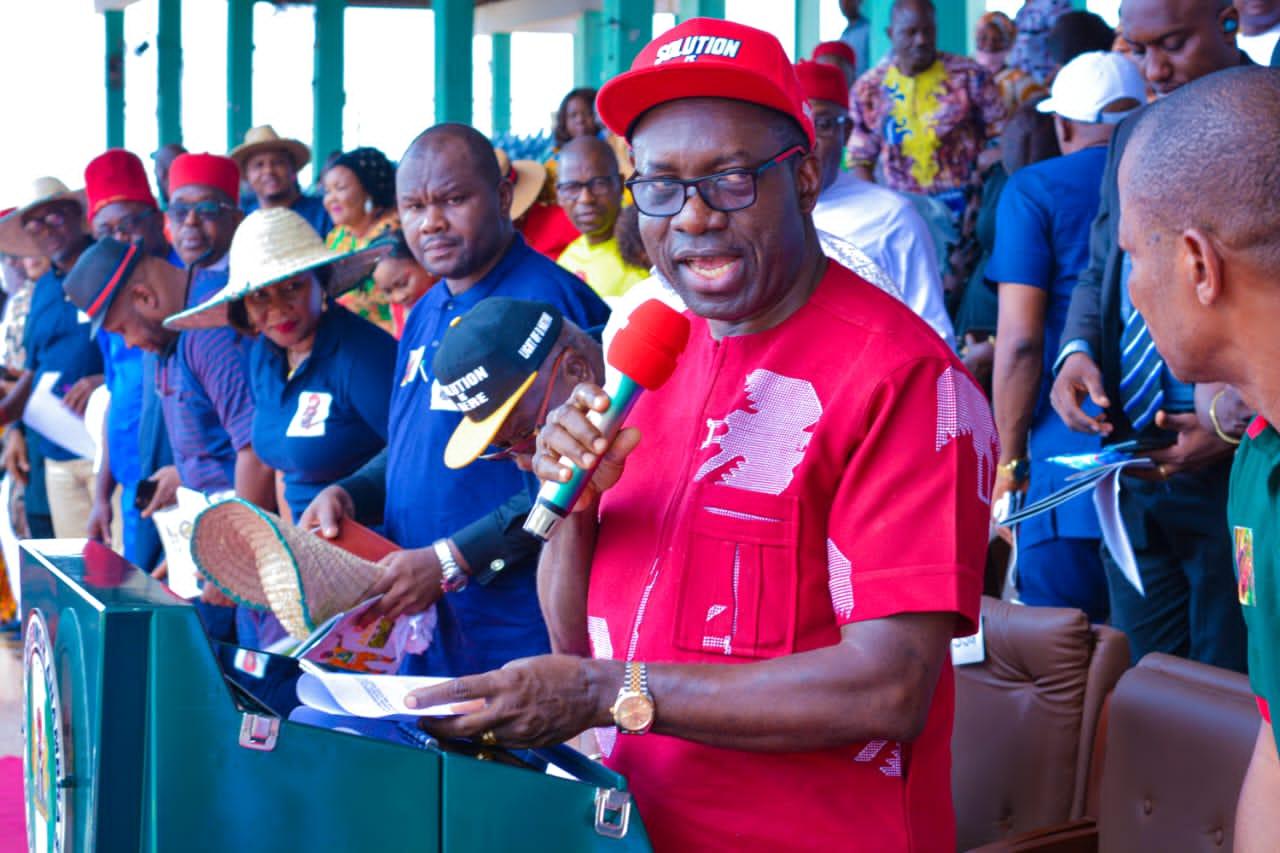
Some politicians have taken to pledging to reshape their states into some version of Dubai or Singapore. It’s, of course, a farcical goal. For one, mimicry is hardly ever impressive, being the domain of people deficient in imagination. There’s also a dollop of delusion at play. Nigerians, so-called leaders and ostensible citizens alike, invested decades pursuing self-aggrandising mediocrity and backwardness whilst the leaders and people of the United Arab Emirate and Singapore spent their energies on transformative development.
These days, when Nigerian politicians invoke Dubai, Malaysia or Singapore as models they intend to transplant on Nigerian soil, they hardly grasp the organic and interrelated nature of development. They think, instead, that all it takes to resemble their models is to initiate a solitary grand project or another. They build a massive convention centre and think they are Dubai-grade. Never mind that the centre often has few or no facilities, and may not even have a drop of water in their toilets. They squander funds and waste vast communal farmlands on little-used airports located within whistling distance of another two-flights-a-day airport – and beat their chests as if they had caught up to Malaysia. Sometimes, they build a flyover or two, and then believe themselves to be accelerating toward Singapore.
These mimic men – to use a term popularised by the late VS Naipaul – fail to grasp that real development is not a game of isolated spectacles. It is not about dazzling gullible folks with the fresh-painted carcass of a convention centre that ends up being seldom used.
Governor Charles Soludo of Anambra State is no fly-by-night as far as matters of development are concerned. He’s a brainy economist who can hold his own with the best in the discipline. He served as a governor of the Central Bank of Nigeria. For sure, he’s not one to mistake the glitter of bauble for gold. Imagine my amazement, then, on watching a recent video where the governor flagged off the construction of a flyover in the hub of Ekwulobia, one of the most important towns in Anambra State. Speaking mostly in Igbo, his speech spiced with proverbs, Governor Soludo told members of the community of his government’s decision to transform their town centre into a beatific space dominated by a flyover. He decried the current condition, an eyesore, then promised to remake it into “obodo oyibo,” a synonym for white people’s country.
To be fair, the governor – who relishes the moniker “Solution” – was not a fanatic seeking to slap a solution on a non-existent problem. Ekwulobia is a gateway to numerous other communities, and to a neighbouring state. On any given day, you can count on heavy vehicular traffic in the town. During festive seasons, in particular Christmas, the traffic on the main road swells daily to a gridlock. Commuters find themselves trapped in place for hours. Movement is often a futile dream, an exercise in spending a great amount of time just to move an inch or two.
No responsible government would continue to ignore this fiasco. Governor Soludo should be commended for deciding to tackle the bottleneck. I wonder, however, whether a flyover in downtown Ekwulobia represents the best solution.
I doubt it. A flyover in Ekwulobia strikes me as a fanciful monument, a thing that demands to be beheld in awe by those who imagine it to be a visual feast, a kind of down payment, however modest, on what it means to resemble “obodo oyibo.” As far as propagandist image making is concerned, a flyover is the clear seductive choice. However, one fears that it’s not the most efficacious manner to ease Ekwulobia’s hellish traffic.
Governor Soludo ought to give due consideration to less grand options. How about the idea of building several link roads and bypasses? In that event, commuters who happen to be headed for other towns or even to Imo State, with no business in downtown Ekwulobia, would have no reason to drive through that busy nerve centre.
Rigorous economic and environmental impact analyses should be part and parcel of any major project. A proper weighing of economic impact is particularly critical in a country where the majority of citizens eke out a living by running small businesses. Inevitably, a flyover in the centre of Ekwulobia is bound to displace scores of small businesses, with ruinous consequences for their owners and their dependents.
Before proceeding with the building of a flyover, the state government should invite input from the town’s business owners, including market women and other stakeholders, to discuss costs and benefits.
Flexibility is of the essence here. If a flyover comes at too dear a cost, in terms of the displacement of people, the impoverishment of already stressed business owners, and the devastation of the environment, then the government ought to press the brakes.
At any rate, the alternative of building several bypasses deserves thoughtful ventilation. That option does not have the public relations magic of a flyover. Yet, it may well produce better and more enduring benefits.
Okey Ndibe is a United States-based writer and lecturer.
END




